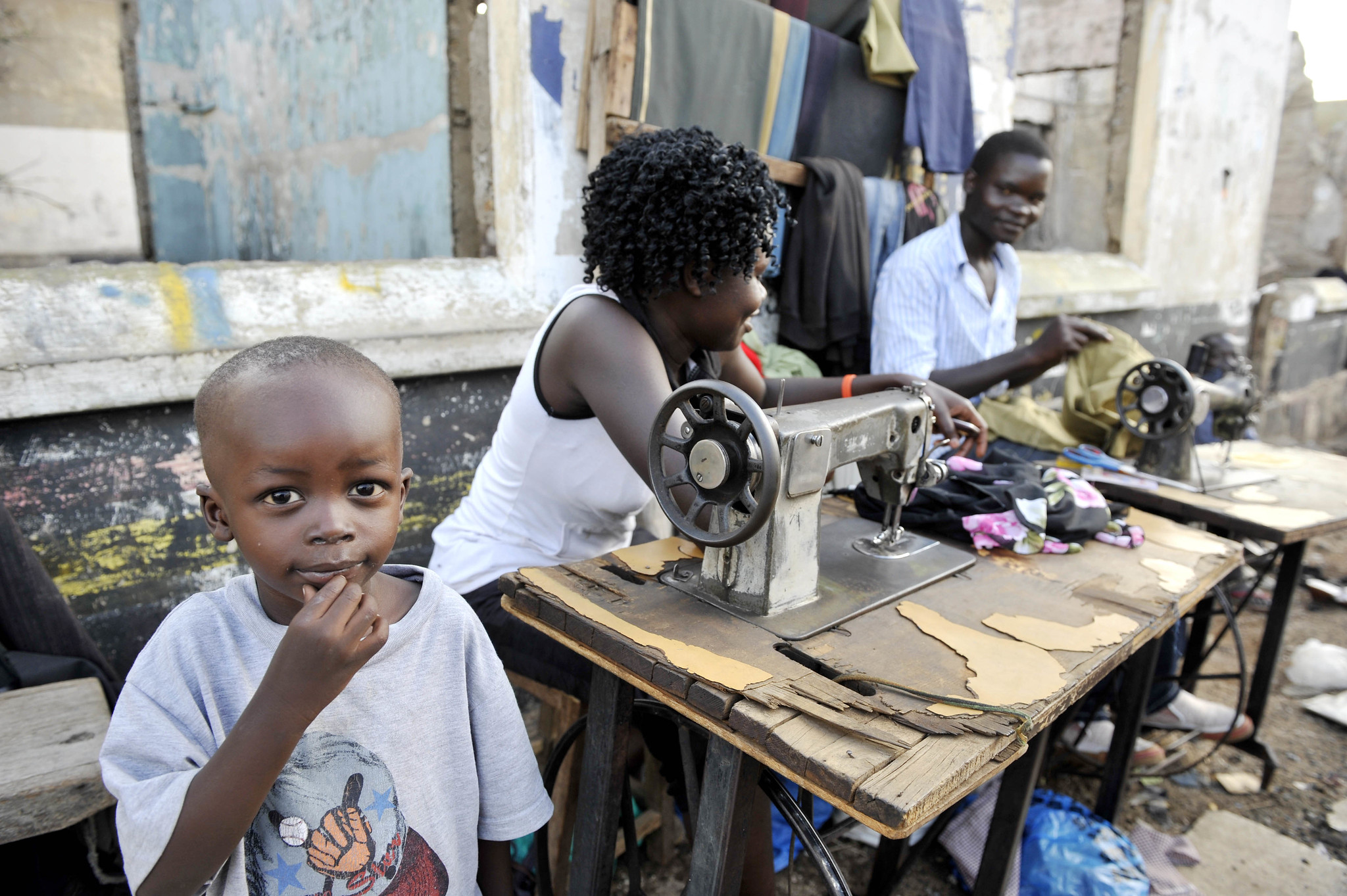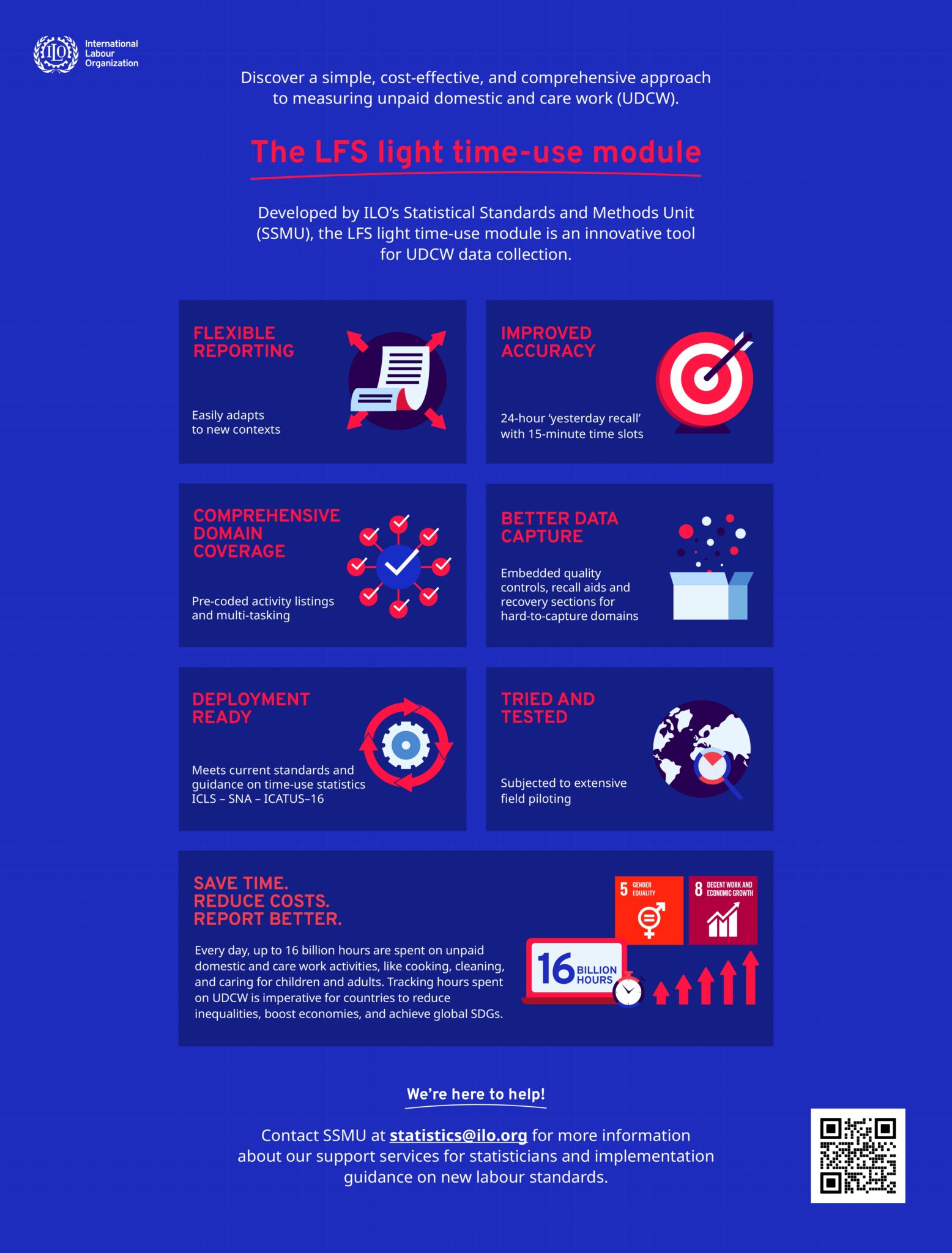
The true value of a paycheck: Understanding PPP-adjusted income statistics
Learn how the latest purchasing power parity (PPP) updates on ILOSTAT improve our ability to compare income-related statistics across countries, which is essential to having an accurate understanding of global economic disparities.
The true value of a paycheck: Understanding PPP-adjusted income statistics Read More »









